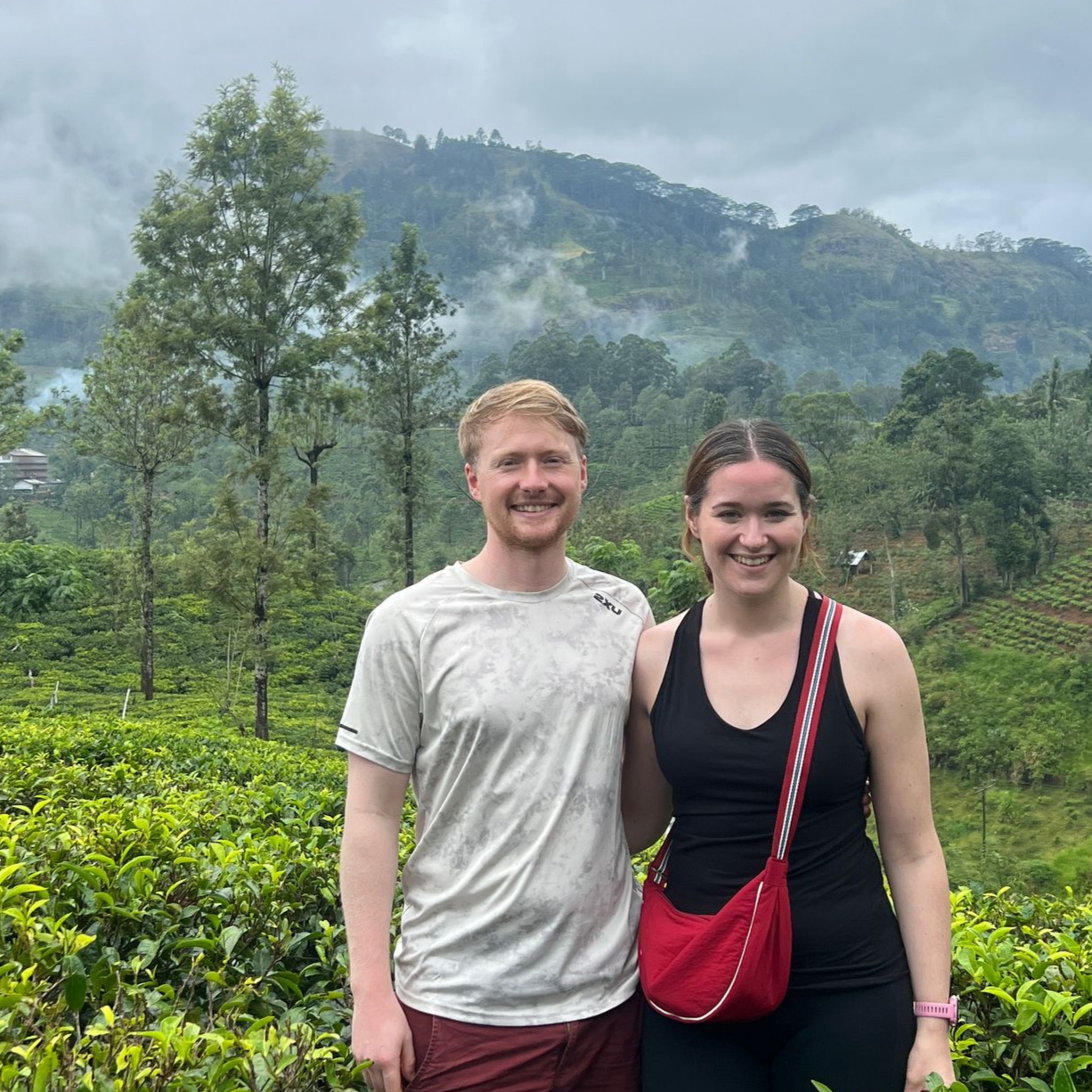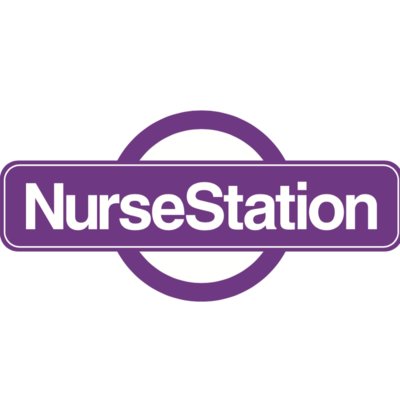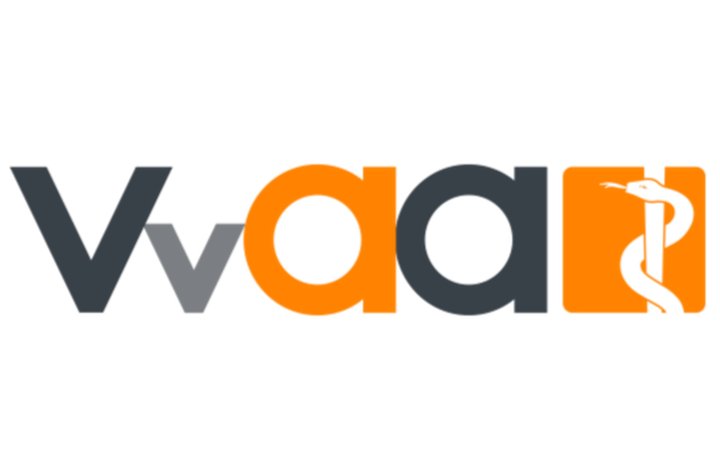2019
 I went to Cambodia for an overseas internship with a friend from university.
I went to Cambodia for an overseas internship with a friend from university.
I chose Cambodia because I went to India on a holiday the previous year and enjoyed experiencing the vast cultural differences the country had to offer. I was also really interested in the healthcare system in Cambodia and inspired by the Asian culture. My friend had the same interests as me so we decided to go together.
it was the opposite of the hospitals I was used to.
My first impressions of the hospital really surprised me - it was the opposite of the hospitals I was used to.
The first thing I noticed was how crowded all the corridors were. There were patients waiting in every available space. The rooms for patients were full to the maximum capacity. That was one of the biggest differences, namely the structure of the departments and the level of hygiene that comes with it.
 Another big difference was the accessibility to the hospital during an emergency, for example after a car crash. Normally, at home, you’d be picked up by an ambulance. But, in Cambodia the streets are so crowded and busy, an ambulance is too slow to get back and forth. So it’s more likely for the injured to be taken to the hospital by public transportation, such as a ‘tuk tuk’.
Another big difference was the accessibility to the hospital during an emergency, for example after a car crash. Normally, at home, you’d be picked up by an ambulance. But, in Cambodia the streets are so crowded and busy, an ambulance is too slow to get back and forth. So it’s more likely for the injured to be taken to the hospital by public transportation, such as a ‘tuk tuk’.
My first week on placement was in the emergency department. We assisted with many procedures such as injections and taking blood pressure. No matter what the reason was for the patient entering the emergency room, they automatically received the same protocol of procedures. Because of this, we had some really good practice at finding veins and assisting with administering the injections in an efficient way.
What I especially liked about the hospital was how resourceful everyone was. For example, latex gloves were used as a glove, as a tourniquet for veins and even as a draining pocket. A wheelchair was made out of a plastic garden chair with wheels attached to it.
 My second week of placement was in surgery. The older generation of doctors and some of the younger medical staff spoke very good French, this is my second language so I was able to build relationships with some of the doctors this way. I had the opportunity to stand next to the surgeon and even assist with stitching the wound when the operation was done.
My second week of placement was in surgery. The older generation of doctors and some of the younger medical staff spoke very good French, this is my second language so I was able to build relationships with some of the doctors this way. I had the opportunity to stand next to the surgeon and even assist with stitching the wound when the operation was done.
Surgery, in comparison to the other departments in the hospital, had very strict rules around hygiene. The corridors were very clean and patients were not allowed in the department unless they were undergoing surgery. Everyone was required to wear green scrubs and masks. Surgery was definitely the most advanced department in the hospital.
It was very striking to see brain surgery from that close.
One of the most remarkable cases I witnessed was brain surgery that went on until 3 am. It was very striking to see brain surgery from that close. Also, the technique used was different from the technique we would use in Belgium. They drilled seven big holes in the skull and connected them with a wire saw.
 I’m particularly interested in neurosurgery, so it was one of my proudest moments to stand next to the surgeon. Furthermore, to see the doctors and the nurses work tirelessly was remarkable.
I’m particularly interested in neurosurgery, so it was one of my proudest moments to stand next to the surgeon. Furthermore, to see the doctors and the nurses work tirelessly was remarkable.
In emergency, my most memorable case was more unfortunate. An adolescent entered in a critical condition. The help of the doctors came too late and it seemed that nothing could be done for him anymore. I remember his mother crying, but only for a couple of minutes. When the boy was taken away his mother stopped crying and the doctors carried on with their work. We learnt this to be the Cambodian way when they lose a loved one. Relatives would cry and pay respect to the loved one afterwards, but life goes on almost immediately.
Most days I was at the hospital from 8am till 4pm. Afterwards we explored Phnom Penh. After supper, we would go to a bar to relax and talk with the rest of our housemates and every Thursday, there would be a BBQ in the Work the World house.
 You definitely have enough time to enjoy your stay in Cambodia, get to know the Cambodian culture and acquire plenty of clinical experience. Furthermore, you stay in a big house with other students who have the same mentality as you, so it’s really easy to make new friends and share the cost of transport and plan weekend trips together.
You definitely have enough time to enjoy your stay in Cambodia, get to know the Cambodian culture and acquire plenty of clinical experience. Furthermore, you stay in a big house with other students who have the same mentality as you, so it’s really easy to make new friends and share the cost of transport and plan weekend trips together.
The opportunity to experience different shifts at the hospital was a highlight for me. For example, you could go into the hospital for a night shift and then take the next day off to explore the city or travel to some of the beautiful locations Cambodia has to offer.
I would definitely recommend doing an overseas placement if you have the chance to do it.
I certainly recommend Cambodia. Not only has the city got so much to offer, but it also has really good transportation links to other locations around the country. Transportation in every village or town is easily provided by tuk tuks which you can order via an app.

To end, I have three tips for other students:
1. When you are on placement, don’t be scared to speak to the doctors and ask questions. When you ask questions and show an interest they will be happy to involve you and are always really passionate to explain the practice to you.
2. When you buy something or use public transport don’t be afraid to negotiate on price. It is really easy to bargain for lower prices and generally, you’ll find everything is a good price.
3. Cambodia has a very detailed history. I definitely recommend visiting the killing fields and the genocide museum to understand the culture and history.

.jpg)




